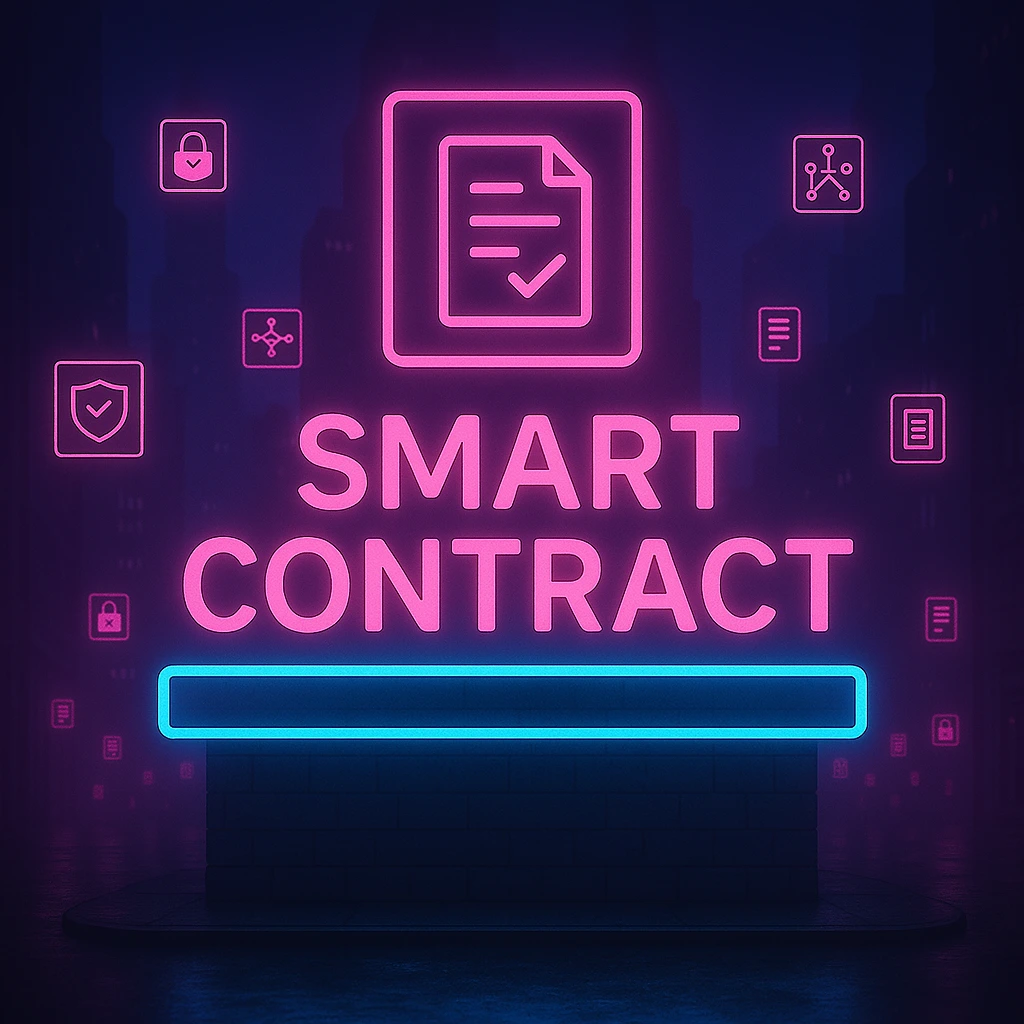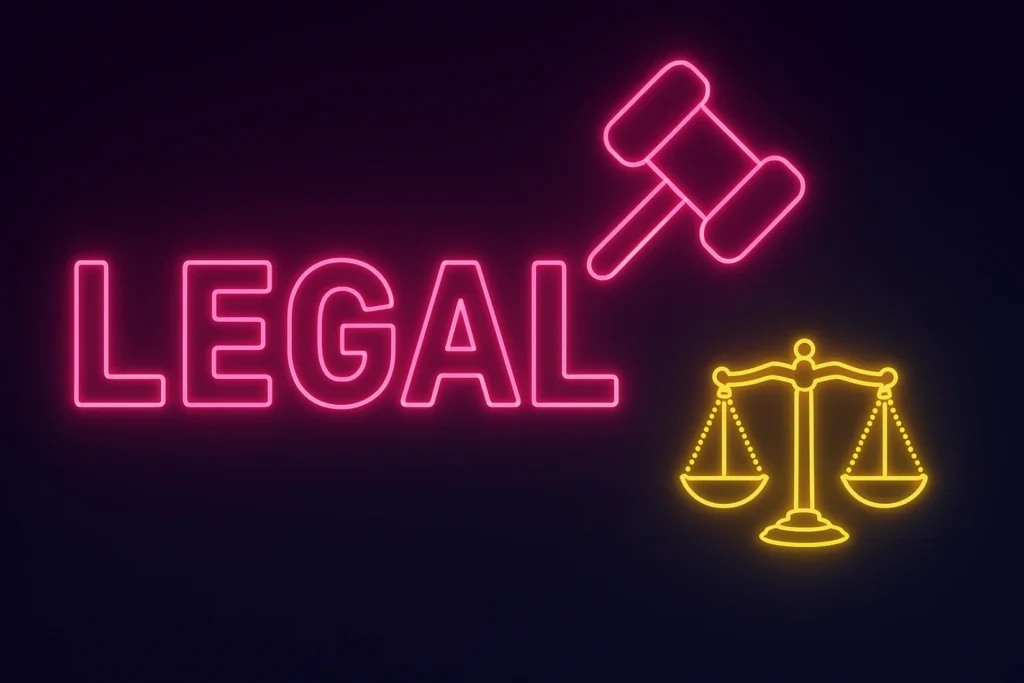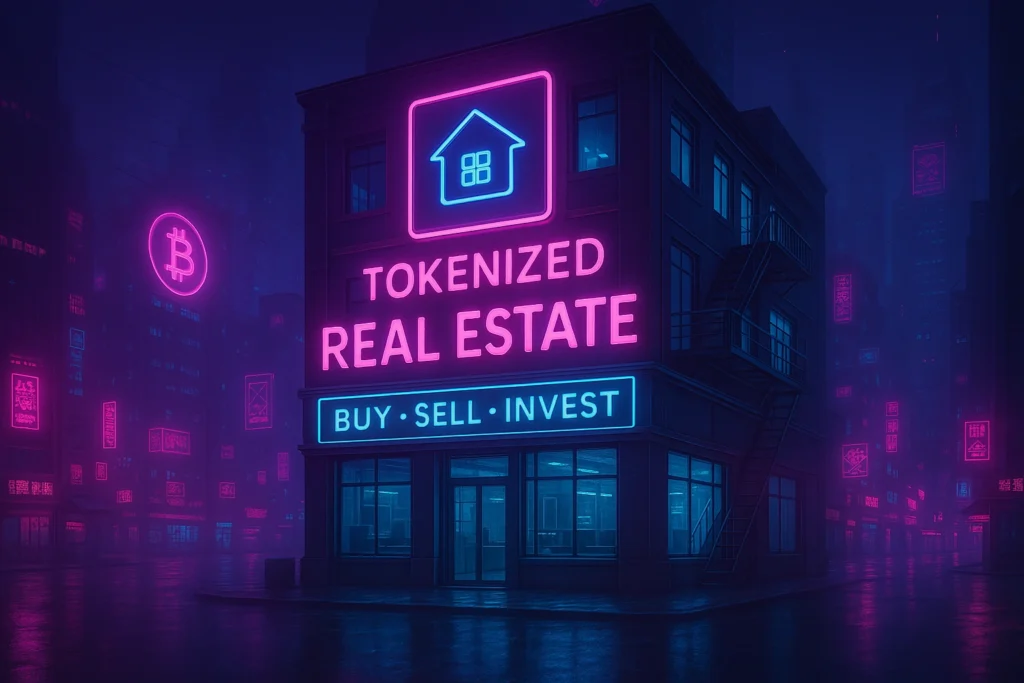Can RWA Be Traded Across Borders? Let’s Talk About Cross-Border RWA
Can RWA Be Traded Globally? An Honest Look at the Cross-Border Hype
Real-world assets—or RWAs if you’re feeling crypto-cool—have been inching into the blockchain limelight. Tokenized buildings, invoices, invoices, commodities—you name it, someone’s tried to put it on-chain. And lately, a new buzzword has entered the ring: cross-border RWA.
The premise? That tokenized assets could one day flow across international borders as easily as digital tokens do today. The reality? A bit more complicated. Let’s unpack it.
First, What Are We Even Talking About?
Let’s not pretend everyone’s aligned on definitions. In simple terms, cross-border RWA is the idea that tokenized representations of real-world things—real estate, debt, trade assets, etc.—can be traded, collateralized, or moved across countries using blockchain. And in doing so, they’ll unlock new liquidity, transparency, and access.
That’s the pitch. But as with most things in crypto, the elevator pitch doesn’t capture the messy basement of real-world implementation.


The Vision Is Big—and Not Totally Crazy
Let’s be clear: there’s real merit to the idea.
If done right, tokenization could democratize access to high-value assets. A developer in Nigeria might raise capital from global investors without needing Wall Street middlemen. A renewable energy fund in Chile could open up to retail investors in Singapore. Tokenization flattens friction—at least in theory.
It’s not just about access either. Smart contracts could automate compliance, drastically reduce settlement times, and kill off much of the back-office bureaucracy that plagues traditional finance.
And when you layer in DeFi? Now you’re talking programmable, composable finance. Borrow against a tokenized bond, stake it in a liquidity pool, and access yield across borders—without ever touching a bank. Sounds dreamy.


But Let’s Be Real—There Are Giant Roadblocks
Here’s the inconvenient truth: the world is nowhere near ready for seamless cross-border RWA.
For starters, legal systems don’t play nice. Each jurisdiction has its own rules on asset ownership, taxation, custody, and dispute resolution. You can tokenize a mortgage all you want, but if courts in another country don’t recognize that token as proof of ownership, then it’s just fancy metadata.
Even worse? Enforcement. Let’s say your tokenized investment goes sideways. Good luck figuring out which country’s legal system you can appeal to—and whether they’ll even recognize your rights in the first place.
And we haven’t even touched on the headaches of FX volatility, local licensing requirements, or cross-border AML/KYC compliance. It’s a thicket, not a tunnel.


So… Is Cross-Border RWA Just a Crypto Fever Dream?
Not entirely. Despite all the hurdles, there’s real momentum. Projects like Centrifuge and Maple Finance are already onboarding RWAs into DeFi. MakerDAO is experimenting with tokenized U.S. treasuries. Even some banks are getting in on the action.
There’s also increasing regulatory attention. Singapore, Switzerland, and parts of the EU are trying (emphasis on trying) to establish frameworks that might someday support international tokenized finance.
But let’s not kid ourselves: the infrastructure—legal and technical—is barely adolescent. There’s no standard for how tokenized assets should be built, no global legal recognition for token-based ownership, and no established dispute-resolution frameworks for when things go wrong.
That’s not a system ready for scale. That’s a sandbox.
The Takeaway: Hopeful, but Not Hype-Free
Can RWA be traded globally? Technically, yes—in limited, carefully curated environments. But if you’re imagining an open global marketplace for tokenized assets, we’re still many years (and probably several financial cycles) away.
Right now, cross-border RWA feels more like a prototype than a product. The ambition is huge, the potential is real—but let’s not confuse pilot projects with paradigm shifts.
If you’re in this space, the smart move is cautious optimism. Keep building, keep testing—but don’t bet your portfolio on tokenized livestock futures in Brazil just yet.
That day may come. But for now? Watch the runway, not the clouds.
Relevant Link : Can RWA Be Traded Across Borders? A Practical Guide to Cross-Border RWA




